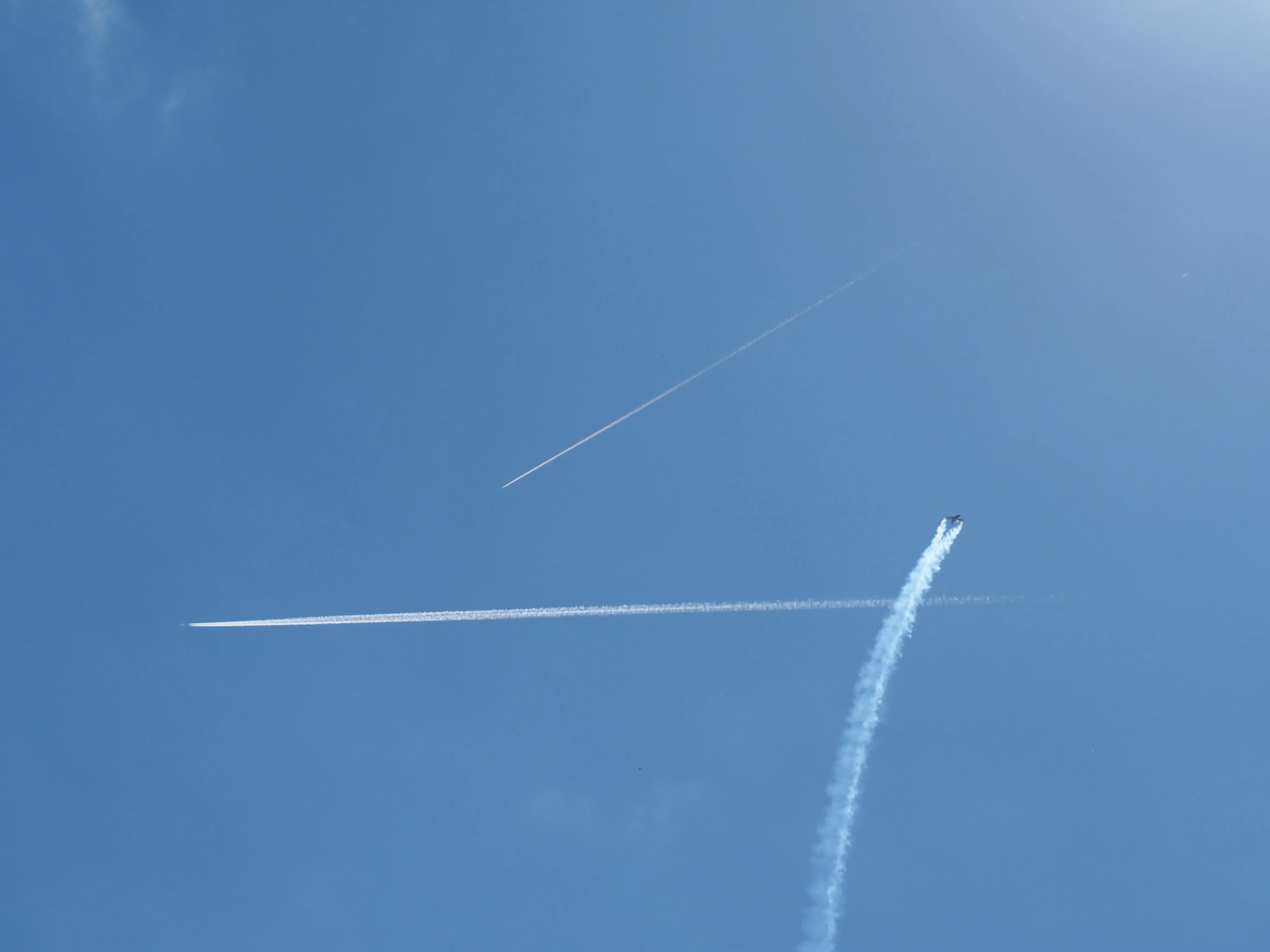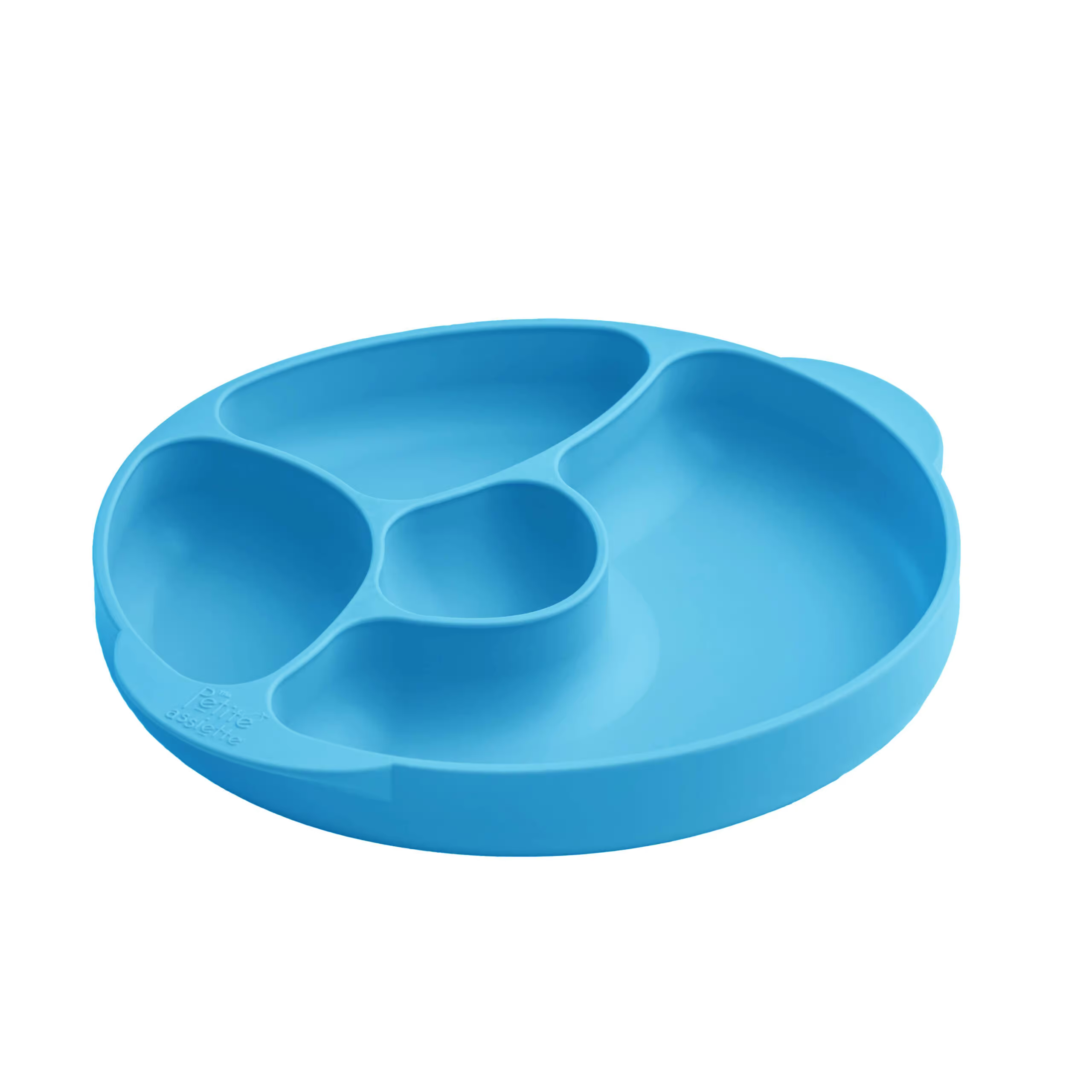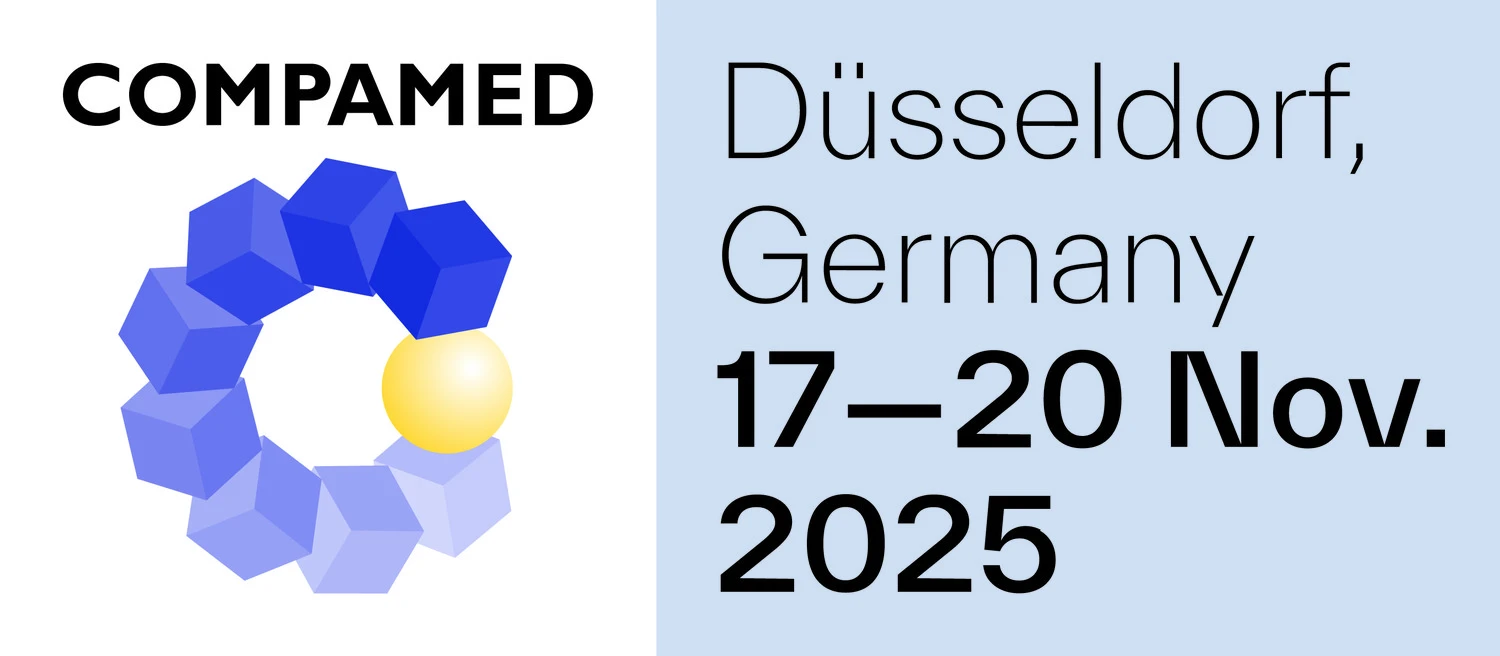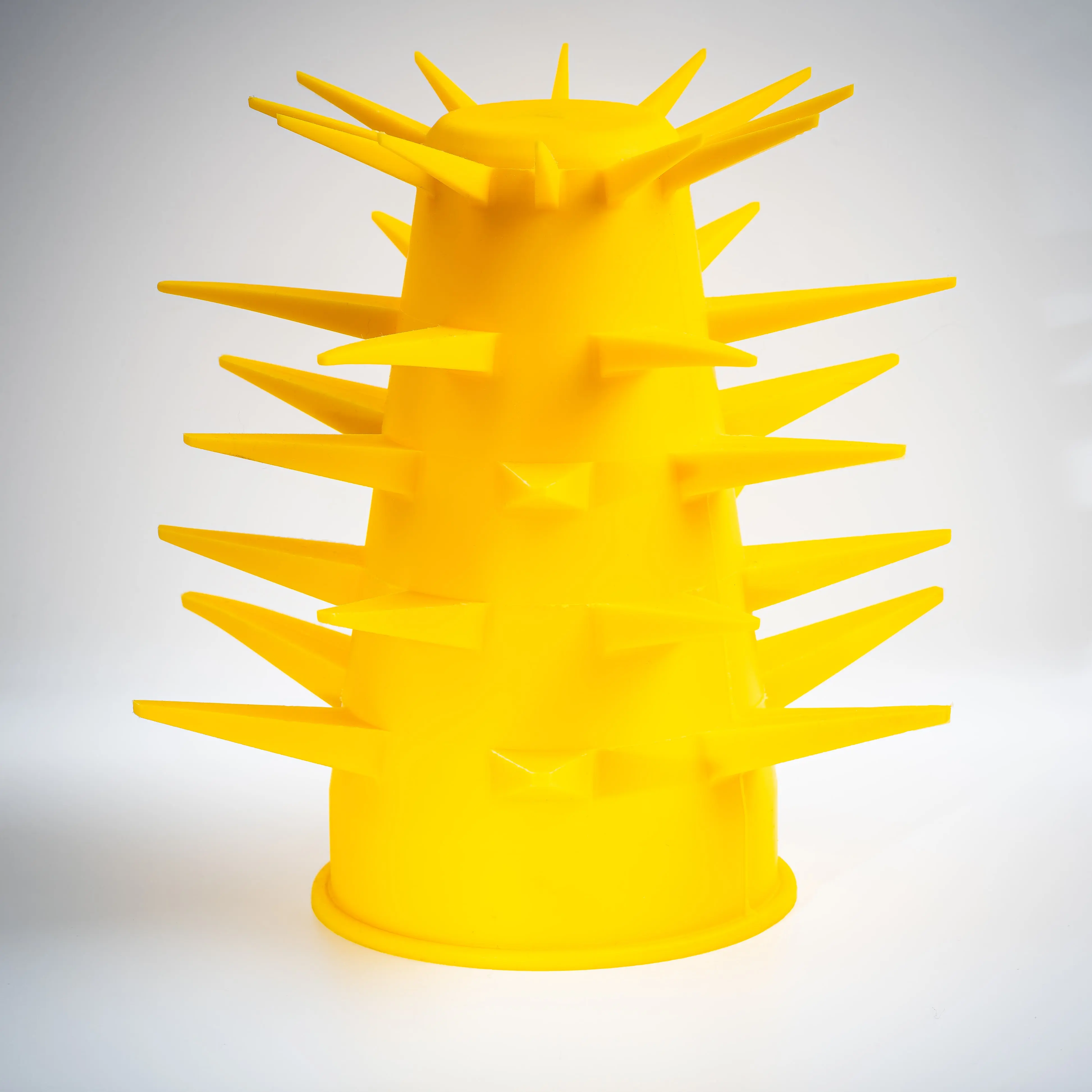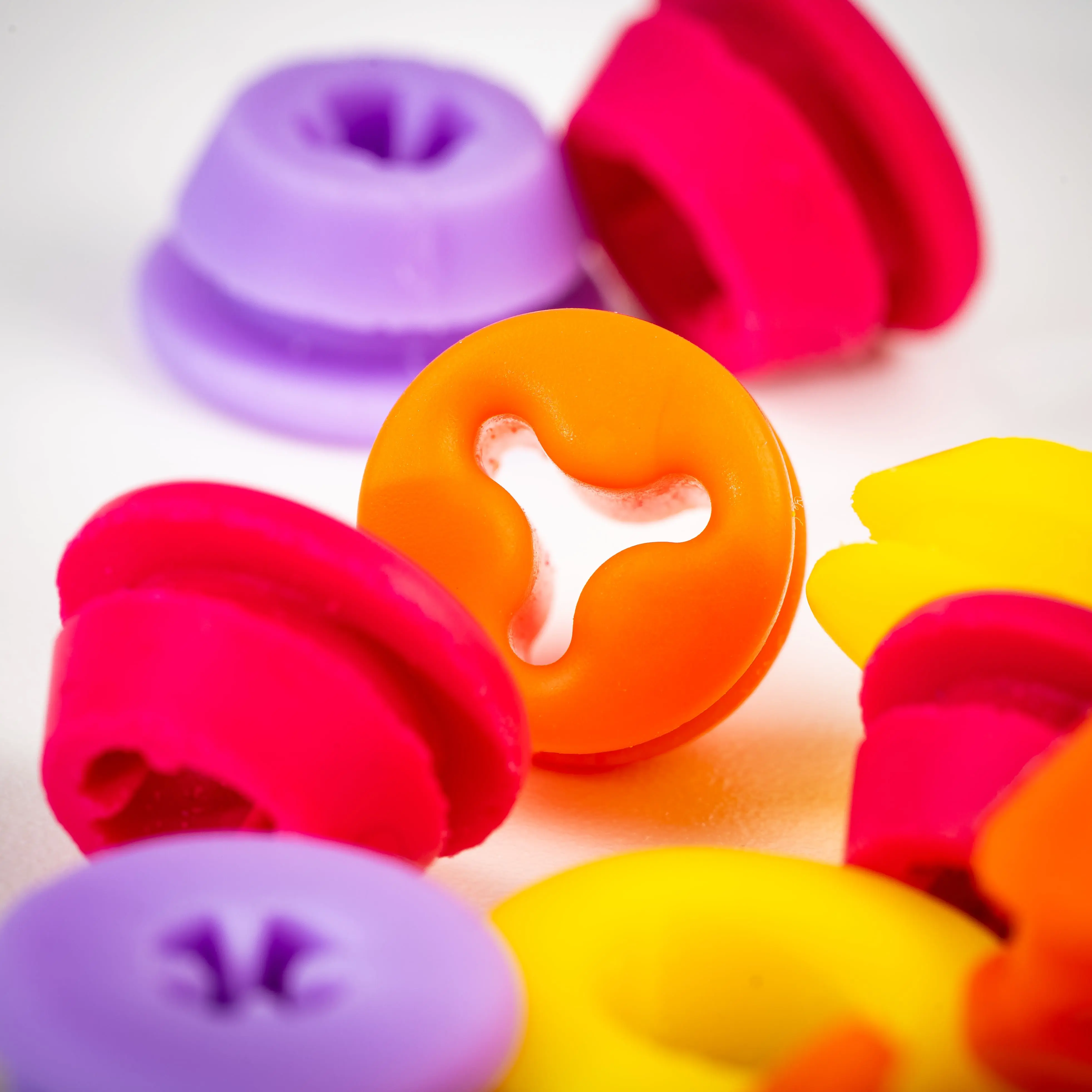Silicone in aeronautics: reliability, performance and lightness in the service of flight
In the aeronautical sector — from commercial aviation to space applications — each component must combine lightness, sustainably, resistance to extreme conditions and compliance with the most stringent standards. Silicone is one of the materials that excels in these areas. At PROGRESS Silicones, we put our know-how of more than 40 years at the service of your aeronautical projects, by providing molded or profiled parts that are precise, compliant and durable.
The technical advantages of silicone for aeronautics
Extensive thermal resistance
Silicone can withstand extreme temperatures, typically from —40°C to +200°C. Some additive formulations can even be as low as —110°C or as high as +315°C. This thermal range makes it an ideal material for high-altitude flight conditions, sudden temperature variations, and environments subject to severe thermal stresses.
Adjustable hardness
Silicone can be formulated with various hardness levels, from Shore A1 to Shore A90, including in a foam version. This makes it possible to adapt the parts to a wide variety of functions: flexible joints, shock absorbing elements, rigid or semi-rigid parts... with always excellent mechanical resilience.
Compliance with standards
All our blends comply with REACH and ROHS regulations. This guarantees the absence of dangerous substances, maximum safety of use and perfect traceability — essential imperatives in aeronautics.
Excellent resistance to outdoor elements
Silicone is naturally resistant to UV, extreme weather conditions and saline environments. It is ideal for rooms exposed outside the aircraft, on the edge of the runway or in maritime conditions, without altering its performance over time.
Compatibility with the electrical environment
Silicone can be formulated to be insulating or conducting as required. This makes it a material of choice for applications related to embedded electrical systems, sensors, connectors or technical harnesses.
Coloring on demand
Silicone can be colored according to RAL references, but also by countertyping, to adapt to your color codes or visual constraints. An asset in terms of identification, product aesthetics or security.
Outstanding durability
Silicone maintains its mechanical and chemical properties over time. It is resistant to repeated thermal cycles, vibrations, shocks, without losing performance. This helps to reduce maintenance and extends the life of components.
Adaptability to all needs
Thanks to its flexibility in processing, silicone can be used both for complex, molded or extruded parts, and for technical assemblies via manufacturing. It adapts as well to the needs of the aeronautical industry as to the constraints of the aerospace industry.
Our expertise and processes for aeronautics
To meet the extremely demanding requirements of the aeronautical sector, PROGRESS Silicones offers:
- A design office integrated to co-develop your parts from the design phase, validate materials and ensure compliance with technical and normative constraints.
- A moulding workshop to create specific tools and produce high-precision parts.
- An extrusion service for your joints, profiles or components requiring a constant and calibrated shape.
- A manufacturing unit for cutting, assembling, gluing or vulcanizing custom assemblies.
- An ISO 8 clean room of 550 m², essential for the production of sensitive parts, especially in embedded systems or control equipment.
Examples of concrete applications
- Seals for portholes, hatches, technical compartments
- Anti-vibration pads and dampers
- Light fasteners or guides for electrical wiring
- External components subject to weather, UV, pressure or temperature variations
Conclusion: when silicone becomes a trusted partner
In aeronautics, there is no room for approximation. Silicone, when properly formulated and processed, becomes an essential ally for the safety, performance and reliability of equipment. At PROGRESS Silicones, our commitment is clear: transform your constraints into sustainable technical solutions, complying with the highest requirements in the sector.

